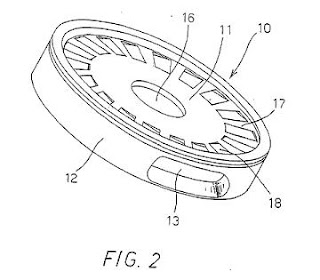I found this case during further analysis of T1304/04 .
An applicant appealed against the decision to refuse a patent application. All documents were filed in due time, however due to an error the appeal fee was not paid. As a consequence the appeal was deemed not filed (Article 108) and the applicant was so notified.
It appeared that the "well instructed, permanently supervised and reliable" assistent of the professional representative made the error probably by putting the payment order in a wrong "pigeon-hole" (as it is referred to in the decision).
Applicant requested re-establishment and the Board applied the established case law:
R 1.3: [..] due care is considered to have been taken if non-compliance with the time limit results from an isolated mistake within a normally satisfactory system for monitoring time limits (see Case Law of the Boards of Appeal, 5th edition, 2006, section VI.E.6.2).
In a case of a culpable error on the part of an assistant, this criterion is considered to be met, if the professional representative is able to show that he has chosen for the work a suitable person properly instructed in the tasks to be performed, and that he has himself exercised reasonable supervision over the work (see Case Law, supra, section VI.E.6.3.4(a), in particularJ5/80, OJ EPO 1981, 343).
The professional representative was able to show all due care and the appeal was found admissible.
Nothing special about this case, yet by reading the same articles, rules or case law over and over again you'll get the subject better in your system which saves you time when sitting the EQE. At least that's the way it works for me....



.jpg)


 button.
button.
